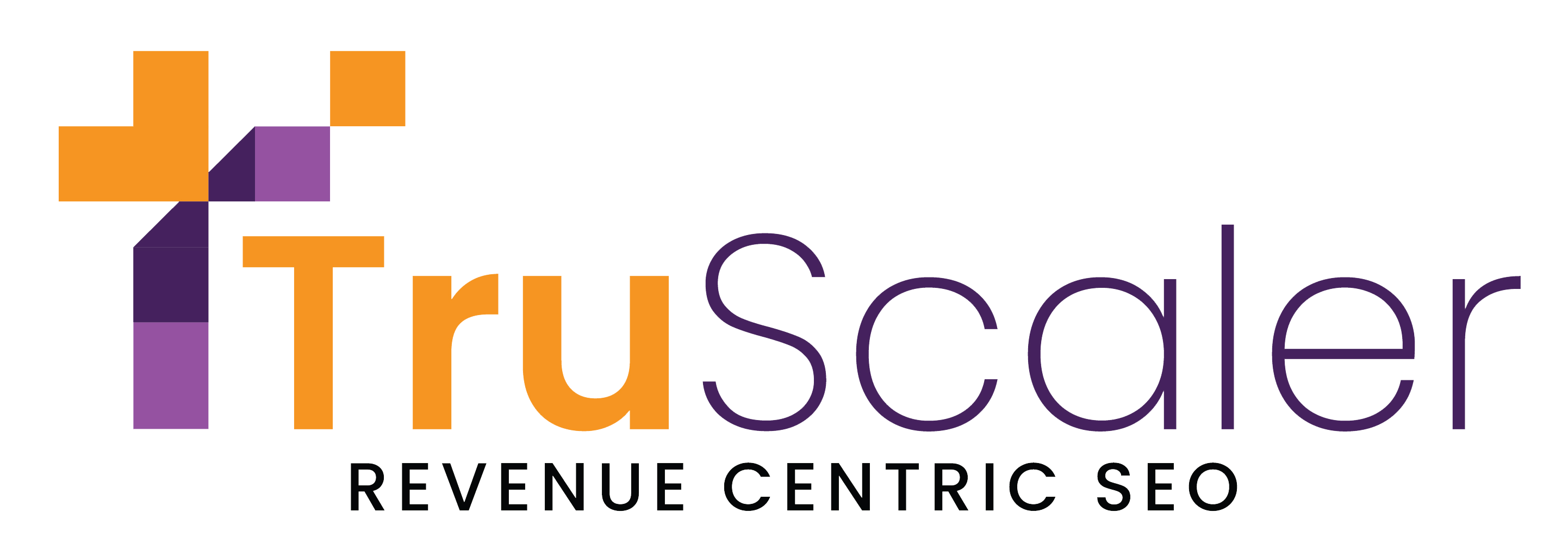Google has been at the forefront of AI advancements in search, and one of its latest innovations is the AI Overview feature. This new feature, appearing at the top of search results, aims to provide users with quick, concise, and AI-generated responses to their queries. But how does it work, where does it pull its data from, and what does it mean for SEO? Let’s dive in.
How Google’s AI Overview Works
Google’s AI Overview is powered by advanced generative AI, similar to the models behind Google’s Search Generative Experience (SGE). When a user enters a query, the AI scans and synthesizes information from multiple sources across the web to generate a structured and informative response. This response appears prominently at the top of the search results, reducing the need for users to click through multiple links.
Unlike traditional featured snippets, which extract direct quotes from specific web pages, AI Overviews generates a comprehensive answer using information from various sources. Google’s AI processes these sources, identifies authoritative content, and delivers a response designed to be accurate and relevant to the user’s intent.
Where Does Google’s AI Overview Pull Data From?
The AI Overview pulls its data from a vast array of indexed web content, including:
- High-authority websites – Google prioritizes sources with strong domain authority and credibility.
- News publications – Reliable news outlets often contribute to AI-generated responses.
- Knowledge bases – Sources like Wikipedia and industry-specific databases play a role.
- Forum discussions & user-generated content – In some cases, AI may extract insights from platforms like Reddit or Quora, especially for opinion-based queries.
- Google’s Knowledge Graph – AI Overviews leverage structured data from Google’s internal knowledge database.
The Role of SEO in AI Overview Visibility
SEO remains a critical factor in how AI Overview pulls and ranks information. Here’s how businesses and content creators can optimize for AI-generated search results:
- Focus on High-Quality, Authoritative Content – Google’s AI prioritizes well-researched, credible, and expertly written content. Establishing authority in your industry increases the likelihood of being featured.
- Structured Data & Schema Markup – Implementing structured data helps Google’s AI understand content better, making it easier to be included in AI-generated overviews.
- E-E-A-T Optimization – Google places a strong emphasis on Experience, Expertise, Authoritativeness, and Trustworthiness (E-E-A-T). Websites demonstrating these qualities are more likely to be referenced by AI.
- Long-Form, Well-Structured Content – AI Overviews favor detailed, well-organized content that provides comprehensive answers to user queries.
- Optimizing for Conversational & Long-Tail Keywords – Since AI-driven responses align with natural language queries, optimizing for long-tail and question-based search terms increases the chances of being sourced.
What This Means for Businesses & Marketers
The rise of AI Overview presents both challenges and opportunities for SEO professionals and businesses. While it reduces the number of organic clicks in some cases, it also offers a chance for brands to be prominently featured in AI-driven search results. By focusing on authoritative content, structured data, and user intent, businesses can position themselves as trusted sources within Google’s AI ecosystem.
As Google continues refining AI Overview, staying ahead of search trends and adapting SEO strategies will be crucial for maintaining visibility in this evolving search landscape.
Are you ready to optimize your content for Google’s AI-driven search? Contact us today to develop a winning SEO strategy that aligns with the future of search!


